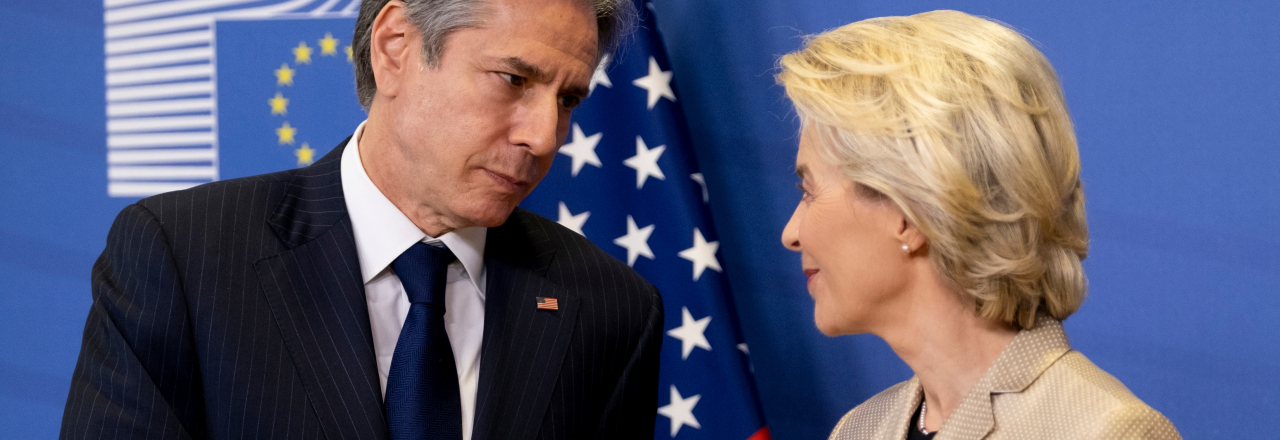
Policy Brief
EU Policy in North Africa and Eastern Mediterranean: Balancing Differentiated Integration for Conflict Resolution and Democracy Support

Abstract
Amidst heightened global democratic instability and escalating conflicts, including civil wars, struggles for self-determination, and proxy wars, the European Union (EU) emerges as a pivotal player in reshaping international relations for enhanced global stability. The current state of the EU framework exhibits varying integration levels across policy areas, coexisting with – and sometimes diverging from –actions by national governments. The EU’s foreign policy formulation involves a complex network of institutional and non-institutional actors, at times leading to difficulties in defining the level of political integration. Regional approaches, considering geographic proximities and historical ties, can induce spill-over effects, primarily economic and occasionally socio-political integration (Haas, 1964). In line with this, the Policy Brief argues that reinforcing the EU’s foreign policy involves enhancing socio-political integration in some policy areas with neighbouring regions, such as North Africa and the Eastern Mediterranean.
The concept of ‘Strategic Autonomy’ is prominent in European discussions on EU external affairs, highlighting the EU’s capacity to act independently in key policy areas (European Parliament, 2022). This autonomy allows choices between competitive frameworks and cooperative behaviours within a multipolar international relations framework. In the European neighbourhood, marked by geopolitical competition and instability, restructuring EU relations through the European Neighbourhood Policy (ENP) is imperative. Strategic Autonomy offers an opportunity for the EU to position itself as a cooperative actor, particularly with the Southern Mediterranean flank.
Persistent perceptions of neo-colonial tendencies by Western nations in the economic and political affairs of the “Global South” endure in North African and Eastern Mediterranean public opinion. Many in the Middle East and North Africa (MENA) region view European countries as safeguarding their geopolitical interests and promoting Eurocentric values. To alter these perceptions and enhance the EU’s standing, fostering socio-political integration between the EU and North Africa/Eastern Mediterranean is crucial. This involves reimagining relations in a cooperative framework, with joint conflict management and support for democracy being key policy areas facilitating socio-political integration and fostering a more positive view of the EU in neighbouring regions.


